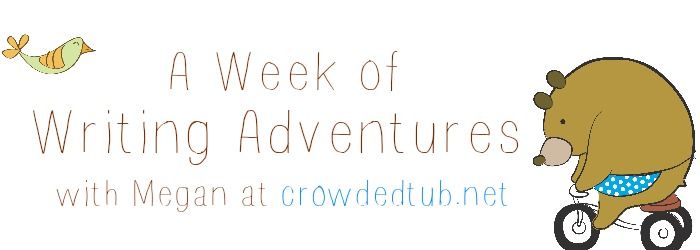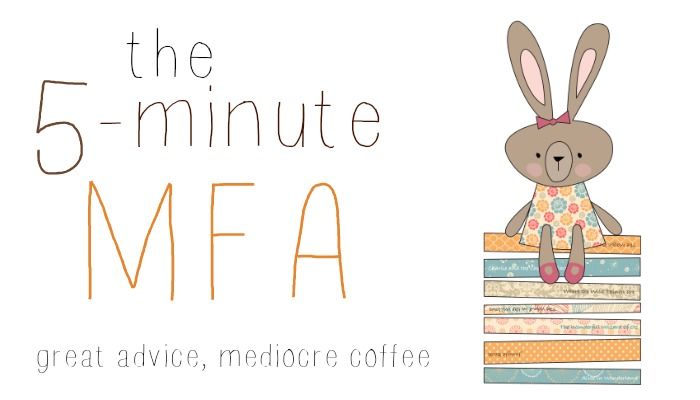A couple of Sundays ago I posted a list of blogging prompts for folks and managed to get too busy to do them. Why would I do my own homework? That's just silly.
But one of my prompts, one that came completely and most randomly off the top of my head asked people to write about their grocery stores. Why did they go there? Convenience? Products? Did they shop the same route each time?
I've been mulling it around in my head these few weeks because some days it seems like I'm back in the grocery store at least four times a week, no matter how big my weekend haul is. (Truthfully, I feel like those Alaskan fishermen some Sundays when I'm dragging in grocery bags stuffed like crab pots. Give me a yellow rain suit and I'd fit right in.)
I always hated grocery shopping and I've never been a gourmet cook. But hwne you are a family of six, food evaporates like rainwater in El Paso.
I shop at the local Walmart. I'm not really thrilled about it, but given the pros I'd be crazy to go anywhere else.
They price match.
I can use coupons without feeling too bad about holding up the line.
I can overstuff my cart and not wince in shame because all six carts ahead of me and the three behind me are dripping with Cheez Its and cans of condensed soup. One flustered lady back there even has two cars to her name.
Walmart is also the closet store to me and my risk of getting pulled over for my expired registration and Alaska plates runs pretty low. I'm riding so dirty I have one snow tire on because my tires are threadbare and scream in pain whenever I drive too long. I live on the edge, ya'll.
I'd love to go the HEB more often, but that's a local police hangout and then I'd just be playing the odds like an idiot. Walmart it is.
I hit the back first. If I'm down a kid or two (or heaven help me, with NO kids), I might take a luxurious stroll through the candle aisle and smell 18 versions of pumpkin pie wax melts. I hit the back and grab water and baby supplies because we're always out of both.
Then it's dairy. I haul four gallons of milk in at a time because nothing's worse than putting everyone to bed and realizing you're out for the nighttime bottles. (Don't judge. Just don't.)
I bounce around through the grocery aisles. Up two, back three. Then it's sequential and then back two more because I forgot refried beans. Ignore the old lady who's managed to get the sit'n'scoot lodged sideways in the aisle as best I can (think: Austin Powers) and try not to threaten my daughter too many times out loud for tossing the cereal boxes out when I'm reaching for bread. I'm a good mom and threaten her in the privacy of the truck.
I take my time in the produce aisle because it's my favorite and I do my best not to dwell on the fact that most of the veggies were grown in some sort of lab and will never, ever decompose on their own. Do yourself a favor and don't think about it, either.
While I'm at it, I'll stand my ground and finish grabbing all nine of my cucumbers in my own sweet time, impatient man behind me be hammed. (Yes, I said ham on purpose. You're proud, aren't you?)
Then it's line time. If I'm alone without a time frame, I'll pick the longest one on purpose and read three magazines like I'm at the library. It's my alone time in a world where I don't even get to pee without the dog, a dollhouse, and two girls fighting over the green Power Ranger.
Not long ago my mom sent me a photograph collection from our family. One is my great-grandfather, Coe. He died young (at 38, I believe) and in all my genealogy obsession lately, there isn't much about him out there. But there is a census in 1930 when he lived with his father. After his own divorce and after his mother died and when it asked for occupation, it listed "salesperson."
The picture is of Coe in a fanatically clean, well-stocked and simply grocery store. He's well-dressed, looking attentive (and handsome, obviously) and I can't help but wonder how far we've come from those days when there were relatively few ingredients to purchase because everyone made everything from scratch to today.
I'd probably like shopping at the grocery store a lot more if was more like Coe's grocery store.
...happy happy happy....




.jpg)










